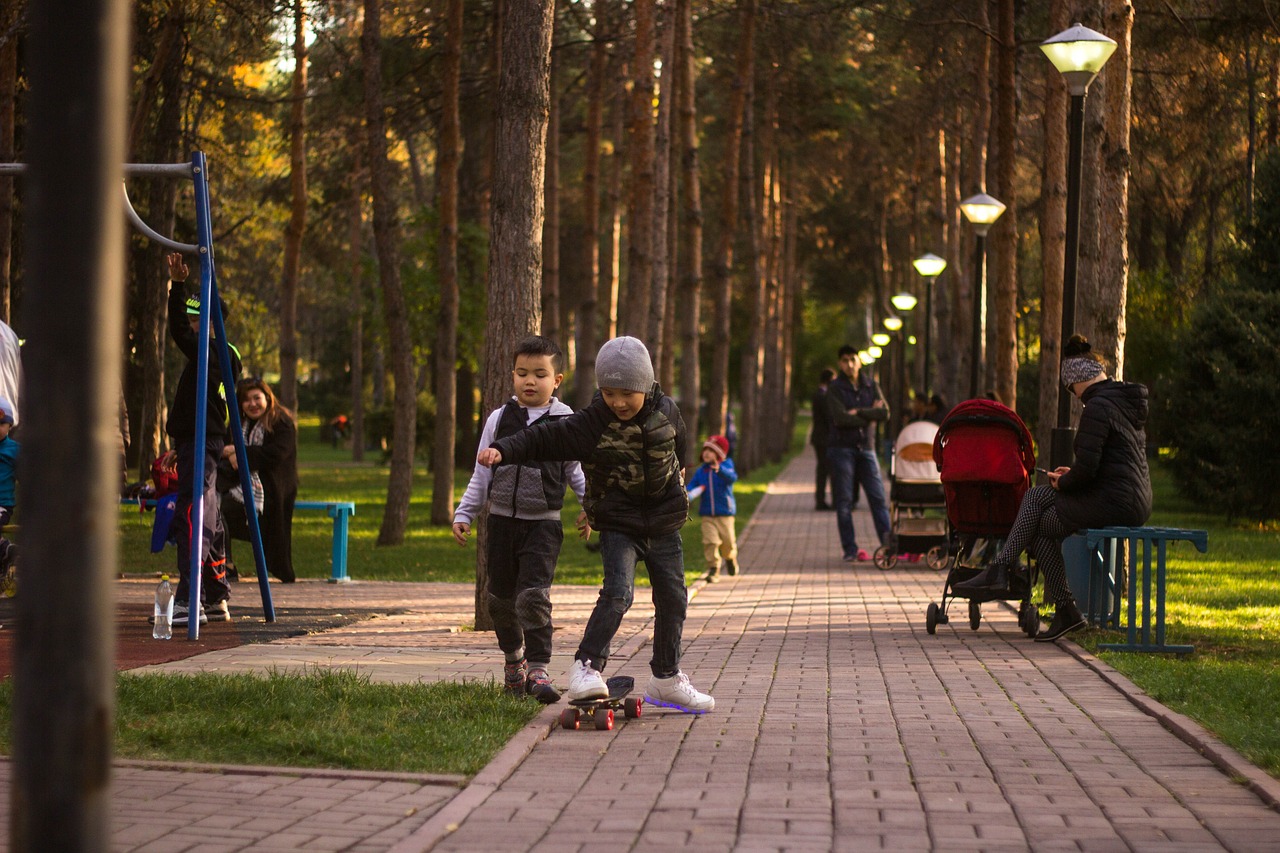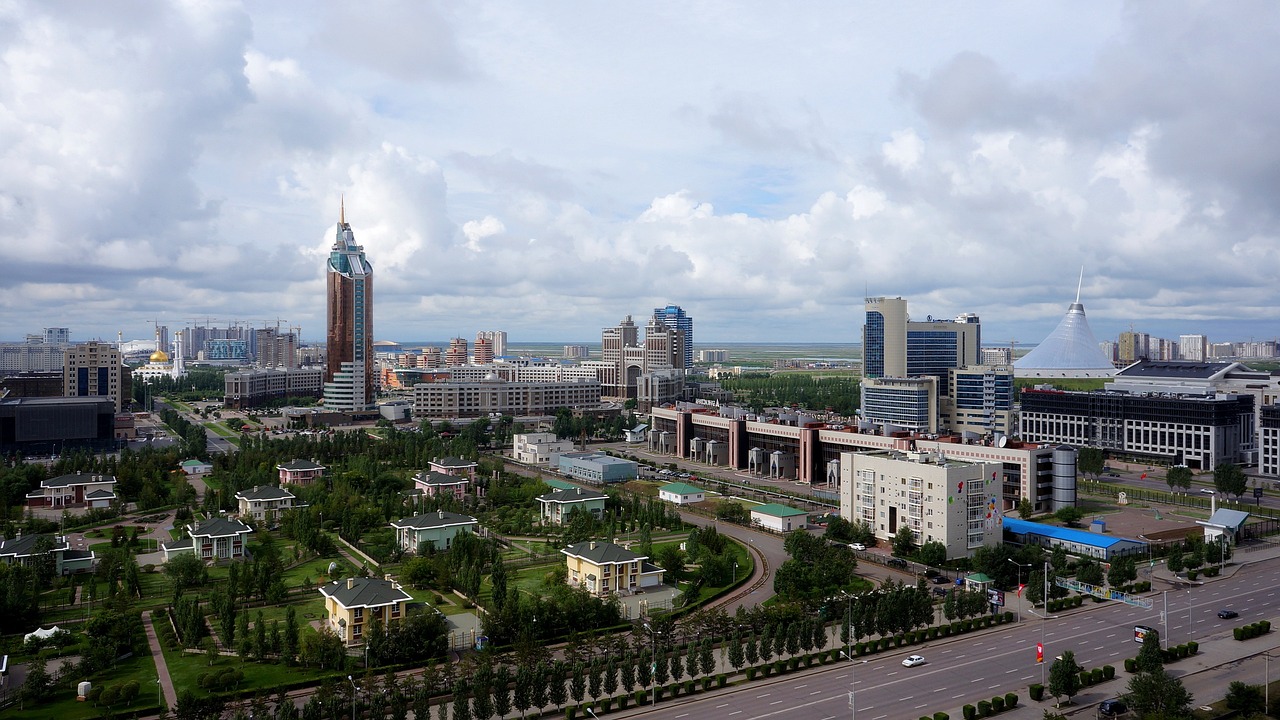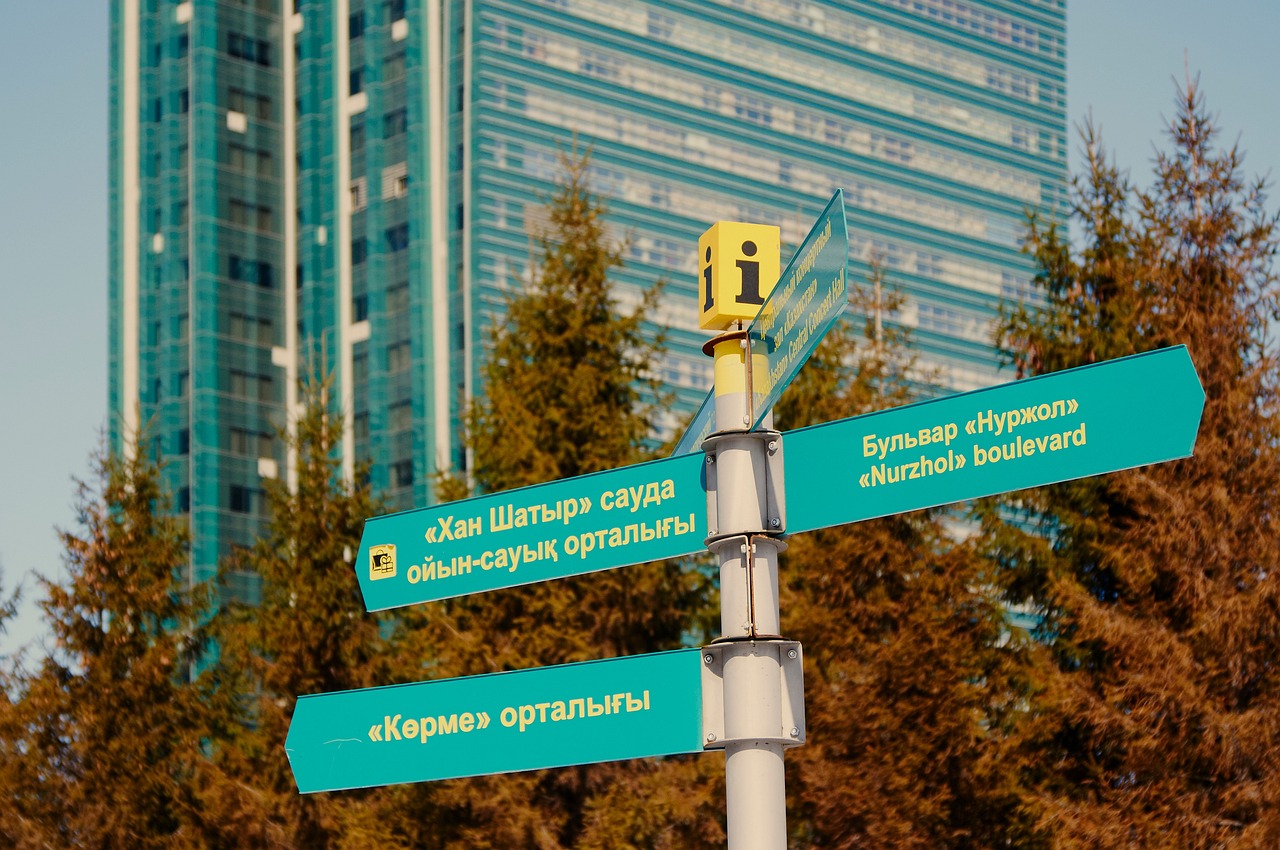Cultural Sensitivities: Understanding Local Norms in Kazakhstan
Kazakhstan, located in Central Asia, is a country rich in history, culture, and traditions. As a traveler or visitor to Kazakhstan, it is essential to be aware of and respect the local norms and cultural sensitivities. This article aims to provide a comprehensive guide to understanding and navigating these cultural norms in different aspects of Kazakhstani society.
Traditional Kazakh Cuisine
Kazakhstan has a diverse culinary heritage influenced by its nomadic past and the various ethnic groups residing in the country. Traditional Kazakh cuisine is known for its hearty and flavorful dishes, often centered around meat, dairy products, and grains. Some popular dishes include:
- Beshbarmak: A traditional Kazakh dish consisting of boiled meat (usually lamb or beef) served over a bed of pasta or dough.
- Kazy: A type of horse sausage, considered a delicacy in Kazakhstan.
- Kumys: Fermented mare’s milk, a traditional Kazakh beverage with a slightly sour taste.
- Plov: A rice dish cooked with meat, carrots, and onions, commonly found throughout Central Asia.
It is important to note that Kazakh cuisine is predominantly non-vegetarian, with meat playing a central role in most meals. However, vegetarian and vegan options are becoming more widely available in urban areas.
Etiquette and Social Interactions
Kazakhstani culture places great importance on hospitality and respect for others. When interacting with locals, it is essential to be mindful of the following cultural norms:
- Greetings: Kazakhs typically greet each other with a handshake, maintaining eye contact and using the person’s first name.
- Respecting Elders: Older individuals are highly respected in Kazakhstani culture. It is customary to address them with deference and show them special consideration.
- Gift Giving: When invited to someone’s home, it is customary to bring a small gift, such as sweets, fruits, or a token of appreciation.
- Dining Etiquette: When dining with locals, it is polite to accept offers of food and drink. It is also customary to wait for the host to begin eating before starting your meal.
Understanding and adhering to these social norms will help foster positive interactions and create a favorable impression among the local population.
Religious Practices
Kazakhstan is a predominantly Muslim country, with Islam being the dominant religion. However, the country is known for its religious tolerance and diversity. In addition to Islam, other religions practiced in Kazakhstan include Christianity, Judaism, and Buddhism.
- Mosques: Mosques are places of worship for Muslims. Visitors should dress modestly and remove their shoes before entering a mosque.
- Churches: Kazakhstan has a number of Orthodox Christian churches, especially in urban areas. Visitors are welcome to attend religious services but should dress appropriately.
- Synagogues: The Jewish community in Kazakhstan has a few synagogues where visitors can learn about Jewish traditions and attend religious events.
- Buddhist Temples: In regions with a significant Kazakhstani Buddhist population, such as Almaty, there are Buddhist temples where visitors can explore the teachings and practices of Buddhism.
It is important to respect the religious practices of others and be mindful of local customs when visiting places of worship.
Dress Code
Kazakhstan has a diverse climate, ranging from subarctic in the north to arid in the south. The choice of clothing should be appropriate for the weather conditions and the occasion. While there is no strict dress code, it is advisable to dress modestly and avoid wearing revealing or provocative clothing, especially in religious or conservative areas.
- Traditional Clothing: Kazakh traditional clothing includes the “chapan” (a long robe), “tubeteika” (a traditional hat), and “shapan” (a fur coat). These garments are often worn during special occasions or cultural events.
- Business Attire: In formal business settings, men typically wear suits, while women opt for conservative business attire.
- Casual Attire: Casual clothing is acceptable in most everyday situations, but it is still advisable to dress modestly and respect local customs.
Language and Communication
The official language of Kazakhstan is Kazakh, a Turkic language. Russian is also widely spoken, especially in urban areas and among the older generation. English proficiency varies, with younger generations being more likely to speak English.
- Basic Phrases: Learning a few basic phrases in Kazakh or Russian can go a long way in showing respect and building rapport with locals. Phrases like “hello,” “thank you,” and “goodbye” are always appreciated.
- Translation Services: In areas with a high concentration of tourists, such as major cities or popular tourist destinations, translation services are often available.
Transportation and Getting Around
When traveling within Kazakhstan, it is important to be aware of the local transportation options and customs.
- Taxis: Taxis are a common mode of transportation in urban areas. It is advisable to use licensed taxis or reputable ride-sharing services.
- Public Transportation: Major cities in Kazakhstan have well-developed public transportation systems, including buses, trams, and metros.
- Road Safety: If driving in Kazakhstan, it is important to familiarize yourself with local traffic laws and exercise caution on the roads.
Image 1:

Art and Traditional Crafts
Kazakhstan has a rich tradition of art and craftsmanship, with various forms of artistic expression reflecting the country’s cultural diversity and history.
- Embroidery: Kazakh embroidery is known for its intricate designs and vibrant colors. Traditional embroidery can be found on clothing, textiles, and decorative items.
- Felt Crafts: Felt-making is a traditional craft in Kazakhstan, with artisans creating intricate patterns and designs using wool and natural dyes.
- Pottery: Pottery is another traditional craft in Kazakhstan, with artisans creating beautiful and functional ceramic pieces.
Visiting local markets and craft centers is a great way to appreciate and support the traditional arts and crafts of Kazakhstan.
Image 2:

Festivals and Celebrations
Kazakhstan celebrates a variety of festivals and events throughout the year, showcasing its cultural diversity and traditions.
- Nauryz Meyrami: Nauryz Meyrami is a traditional Kazakh spring holiday celebrated on March 22nd. It marks the beginning of the new year and is a time for feasting, music, and dancing.
- Eid al-Fitr: As a predominantly Muslim country, Kazakhstan celebrates Eid al-Fitr, the festival marking the end of Ramadan. It is a time for prayer, family gatherings, and sharing meals.
- Independence Day: Kazakhstan celebrates its Independence Day on December 16th with various cultural events, parades, and fireworks.
Attending these festivals provides a unique opportunity to experience Kazakhstani culture and traditions firsthand.
Image 3:

Conclusion
Understanding and respecting the cultural sensitivities and local norms in Kazakhstan is crucial for a positive and enriching experience in the country. By familiarizing yourself with the traditional cuisine, etiquette, religious practices, dress code, language, and transportation options, you can navigate the country with ease and show respect to the local population. Embracing the diversity and cultural heritage of Kazakhstan will enhance your journey and create lasting memories.
References
– Lonely Planet: www.lonelyplanet.com/kazakhstan
– Kazakhstan Travel: www.kazakhstan.travel
– Embassy of Kazakhstan: www.kazembassy.org.uk
– World Travel Guide: www.worldtravelguide.net/kazakhstan

